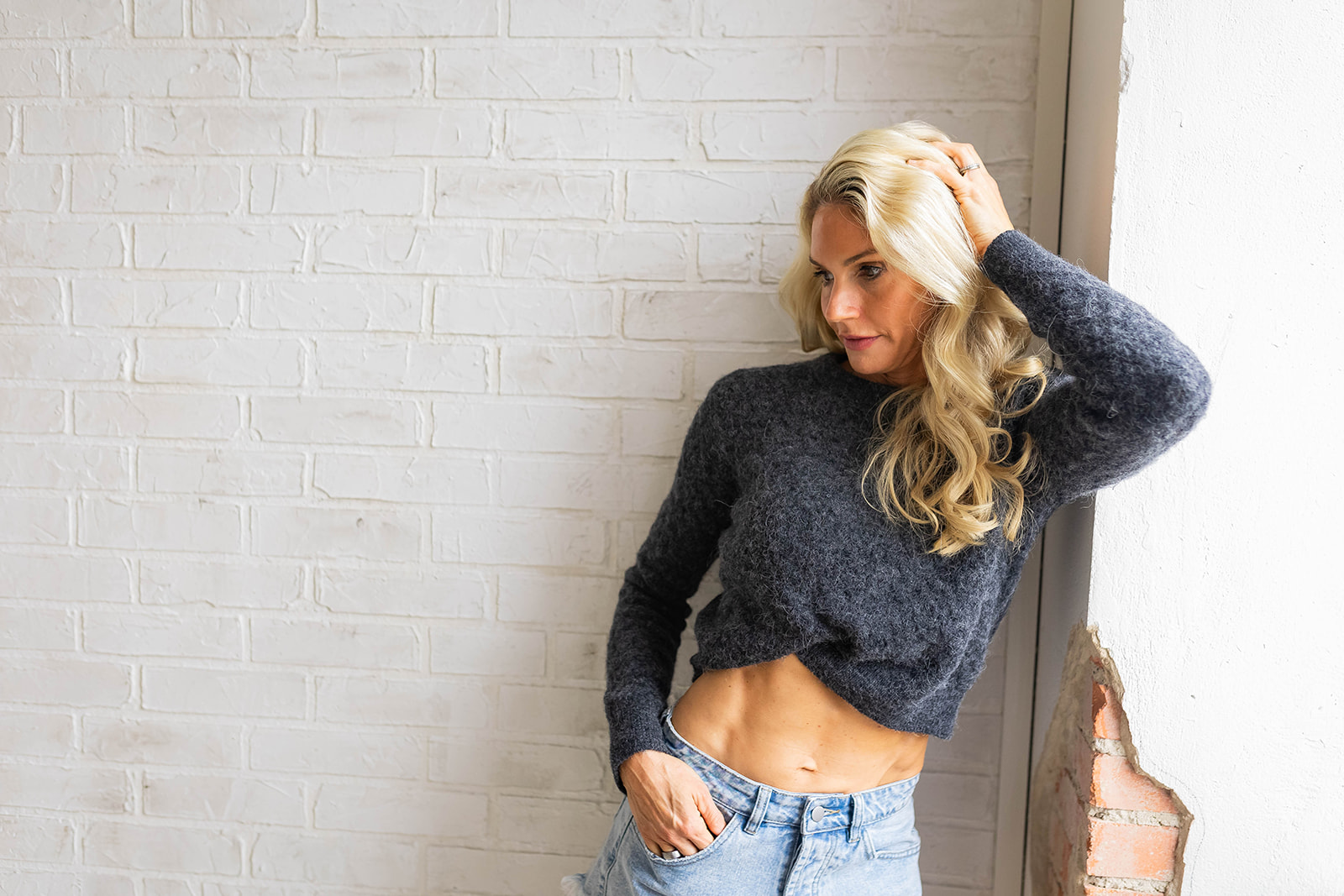

We recently had the chance to connect with Jenny Fuller and have shared our conversation below.
Hi Jenny, thank you for taking the time to reflect back on your journey with us. I think our readers are in for a real treat. There is so much we can all learn from each other and so thank you again for opening up with us. Let’s get into it: What is a normal day like for you right now?
I wake up, spend time with God. I take my kids to school, then workout and train ladies at my house. I also work on my app daily and motivate others. Then get the kids from school and run them around
Can you briefly introduce yourself and share what makes you or your brand unique?
Hi, I’m Jenny — a passionate advocate for women stepping into their most vibrant, confident selves. I believe that true transformation happens when we nurture both our bodies and minds, which led me to create the Steady with Jenny app — a space built to empower women with fitness routines, clean-eating recipes, and supportive guidance every step of the way.
Through Steady with Jenny, I help women cultivate healthy habits, feel stronger, and rediscover their inner glow. My greatest joy is seeing each woman I work with realize that she’s already worthy, capable, and deserving of her best life — and then helping her get there.
I believe my gift is seeing people who they could be not who they are currently.
Amazing, so let’s take a moment to go back in time. What was your earliest memory of feeling powerful?
One of the first moments I felt truly powerful was launching my own business. It felt like standing at the top of a mountain: every step I took, every decision I made, it belonged to me. I was unstoppable, full of purpose. My business was no longer just what I did — it had become who I was.
But somewhere along the climb, I made my business more than a project or mission — I made it my identity. It became my number one priority, the lens through which I saw every success and failure. I measured my worth in revenue, in progress, in control. I believed that as long as I had it, I was strong, fulfilled, needed.
Then I sold it. And suddenly I was standing in empty rooms — the ones that had been filled with full classes smiling faces,and so much hard work. The sounds of purpose felt muted. Without that business to anchor me, I didn’t know where to go. I didn’t know who I was, outside of being “the business owner.”
It was a dark season — sadness I didn’t expect, grief for what I had built. Fear of being lost, of not having control. I wondered: if I’m not that business, then what am I?
But slowly, through reflection, through leaning on faith, I began to see that I was more than what I built. I started to rediscover the parts of me I had sidelined: my passion for helping others feel strong; my joy in guiding women toward wellness and confidence; my identity rooted in faith more than in achievement.
That place of “not knowing” became a doorway — messy, painful, but raw with possibility. And in that space, I realized something profound: real strength isn’t in wearing the badge of owner or entrepreneur—it’s in knowing who you are even when everything else is stripped away.
What did suffering teach you that success never could?
Suffering taught me humility in a way success never could. When you’re doing well, people praise you, things seem to move in your favor. But in the dark moments — when things fall apart, when nobody sees your struggle — that’s when you learn what you’re really made of.
It taught me patience. Success brought fast wins and attention; suffering forced me to slow down, to wait, to accept seasons of silence and uncertainty. It pushed me into trusting the timing of my life more than controlling outcomes.
It taught me identity. Before, I defined myself by what I did — the business, the wins, the external validation. But in suffering, when those things were stripped away, I had to face who I was beyond them. I found a deeper self rooted in faith, purpose, worth that wasn’t dependent on achievements.
Suffering also taught me empathy. When I’ve been through hard times, I understand others’ pain at levels I couldn’t before. I’m able to meet people where they are — broken, scared, uncertain — not just when they’re shining.
It taught me resilience. It’s one thing to be strong when things go your way; it’s another to rise when everything seems lost, when you’ve been shaken. Suffering forced me to pick myself up, sometimes piece by piece, and keep going even if I didn’t have the map.
Finally – it taught me trust. Trust in God, especially when He was all I had. Trust in His plan, even when everything in me wanted security, identity, and control. Suffering showed me that when I lean into that trust, He can build in me strength and clarity that success alone can never give.
Alright, so if you are open to it, let’s explore some philosophical questions that touch on your values and worldview. Whom do you admire for their character, not their power?
Whom I Admire for Their Character
I admire Charlie Kirk — not for the influence he held, but for what he stood for. What I loved most about him was his courage to share his faith without apology. He didn’t hide what he believed. Even when it was costly, even when people disagreed or judged him, he kept speaking what he felt mattered most.
What struck me was that he ground his identity in something deeper than popularity or approval. He believed his faith was central — something that was meant to shape every decision, every platform, every conversation. That arena — where conviction meets vulnerability — is where character is forged, where power fades and values become the foundation.
So for me, Charlie’s example isn’t about his status. It’s about someone choosing to let their faith guide them, even if it meant walking through opposition, uncertainty, or sacrifice. That is what I admire.
Before we go, we’d love to hear your thoughts on some longer-run, legacy type questions. What is the story you hope people tell about you when you’re gone?
When I’m gone, I hope people say that I lived with authenticity — I showed up as exactly who I was, no masks, no pretending, no hiding parts of myself in pursuit of acceptance. I want them to remember me as someone whose love was real, deep, and generous; someone who not only said she cared but acted like she cared — in small moments, hard moments, every day.
I hope they say I truly loved my husband — that our partnership was built on respect, laughter, faith, and sacrifice. That I knew love wasn’t just a feeling but a commitment, something you choose and renew when it isn’t easy.
I want them to remember me as a mother who disliked nothing more than seeing her children’s eyes dimmed by fear or doubt, and who worked—sometimes painfully slowly—to help them believe in who they are, to believe their worth comes not from what they do, but who they are. That I was there: in their joys, in their struggles, cheering them, wiping tears, urging them forward.
And above all, I hope they say: she made people around her feel seen. She lifted others with her compassion. She didn’t perfect everything — she messed up, she stumbled — but she walked with a heart that wanted to heal, to serve, to bring out light.
If that’s what they remember — that I stayed true, loved well, cared deeply, and was anchored in faith — then I’ll feel like I made my mark in the right way.
Contact Info:
- Website: https://Www.jennyfuller.net
- Instagram: @jennydeanfuller
- Facebook: Jennifer Dean Fuller
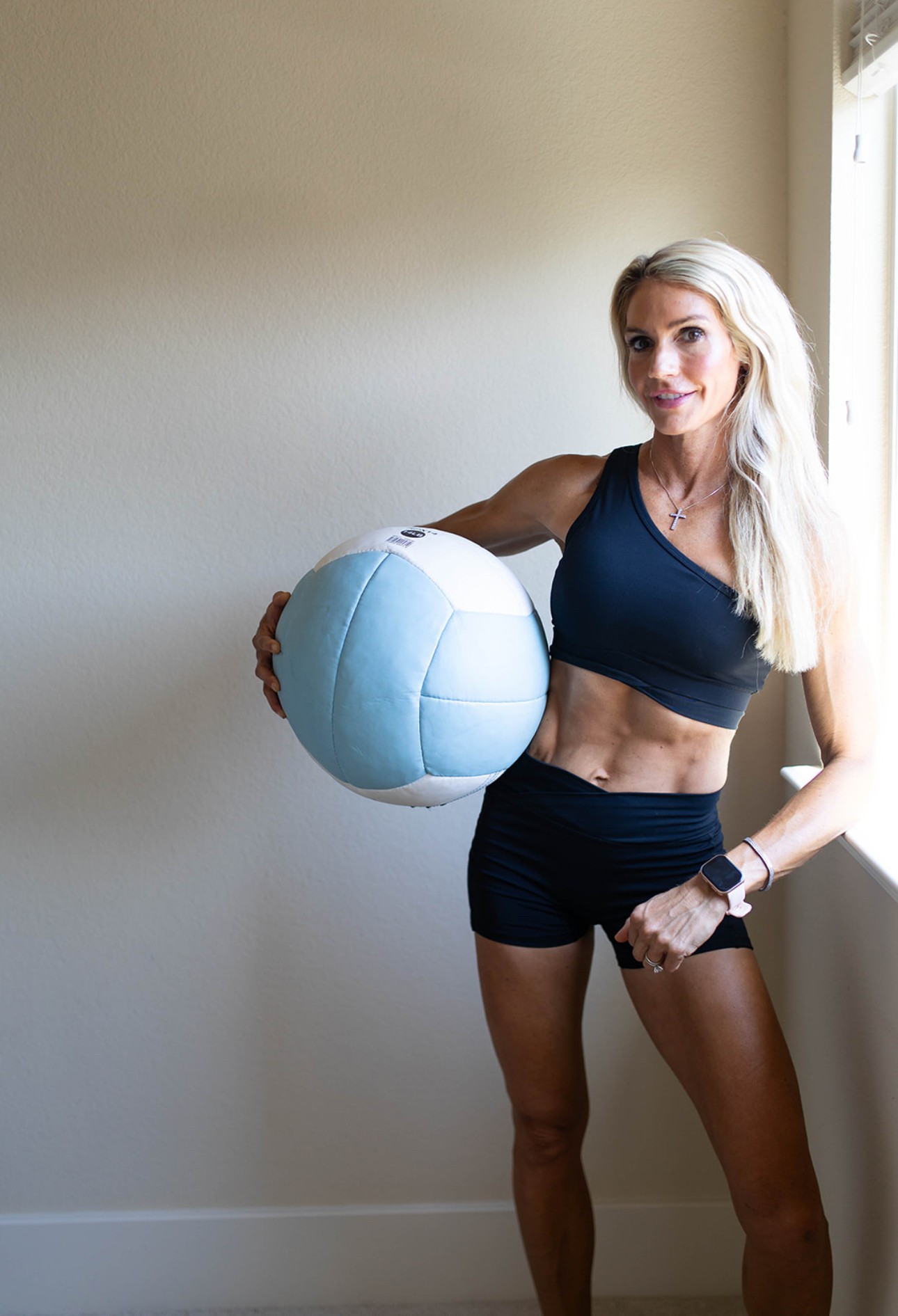
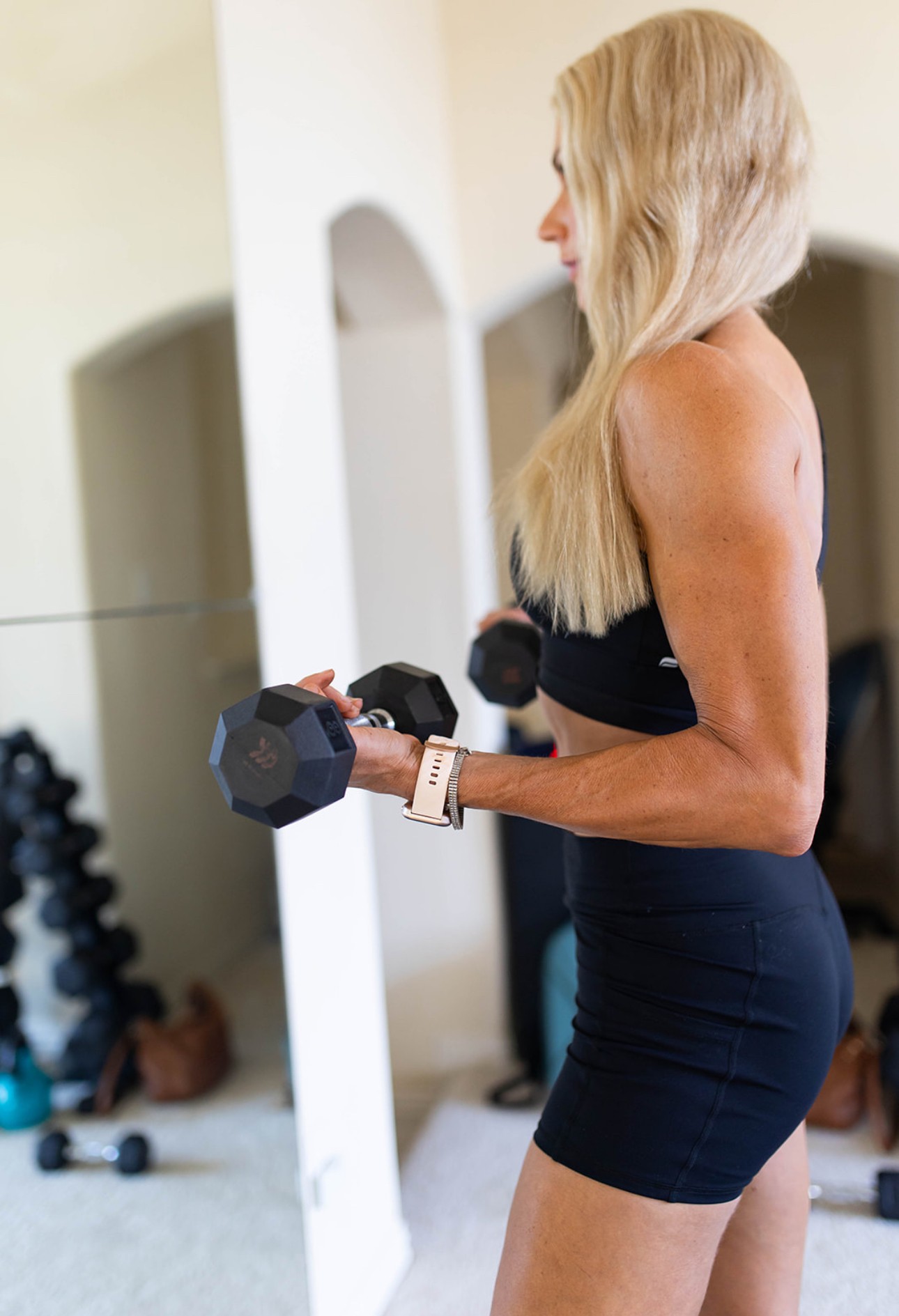

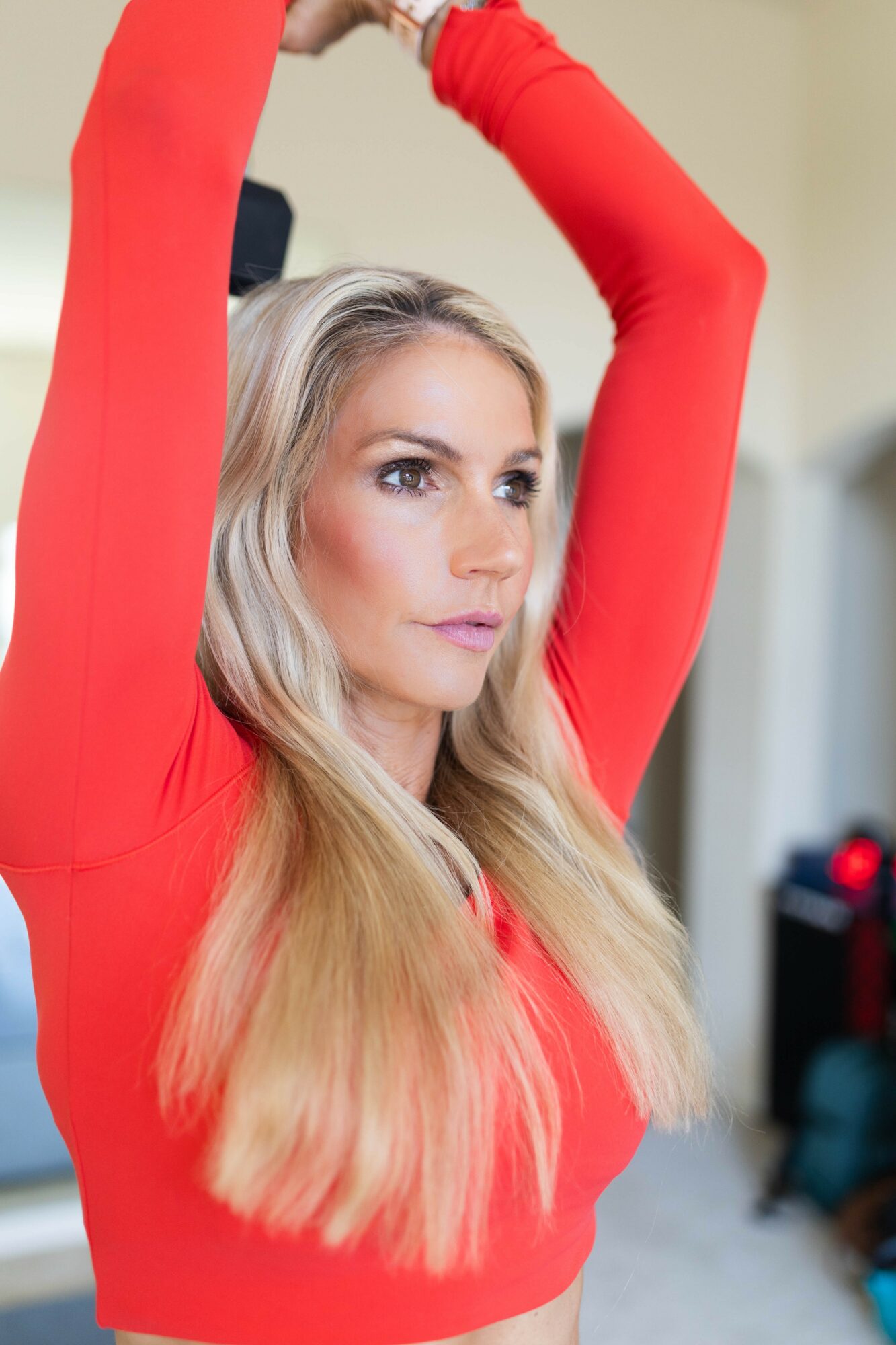
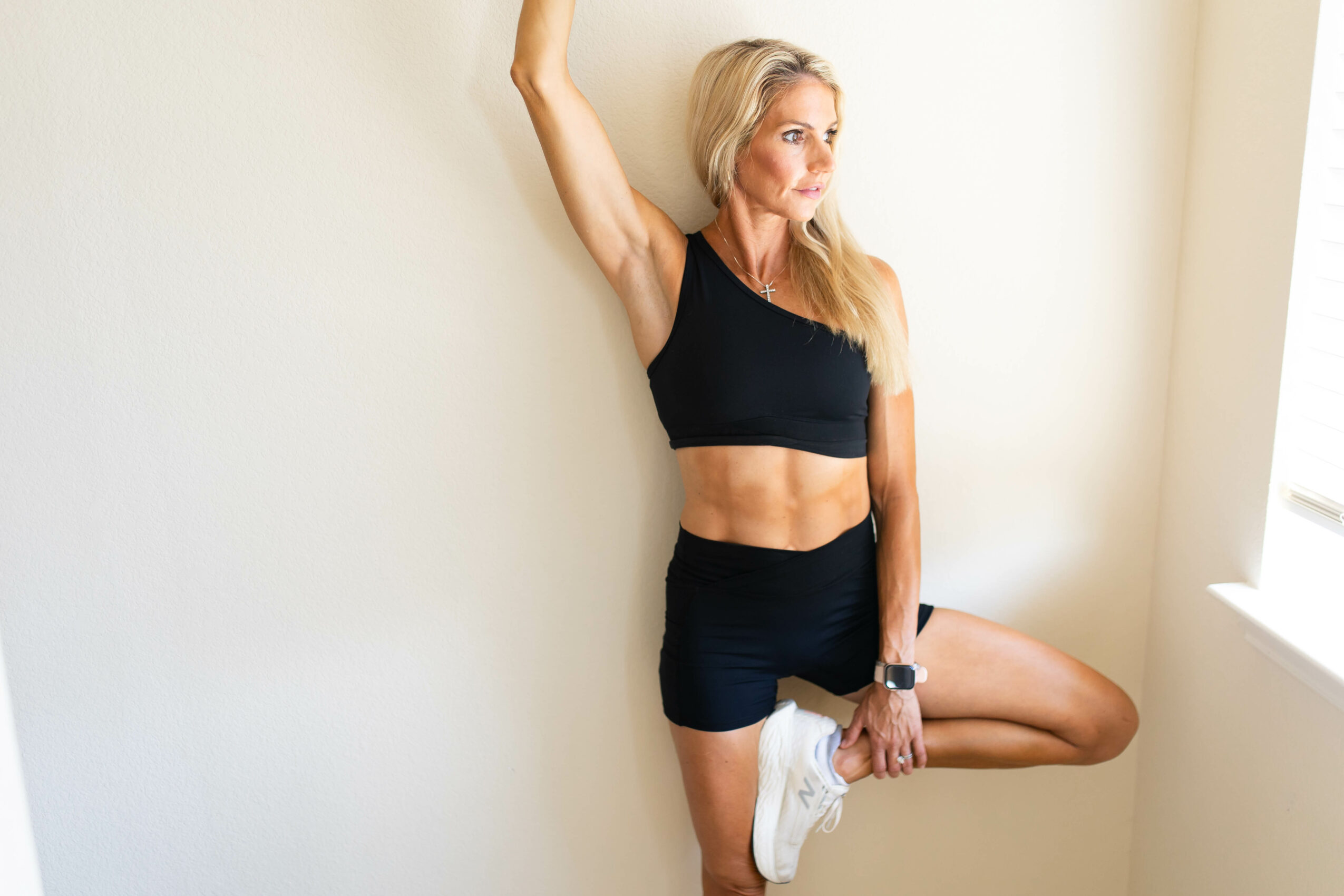
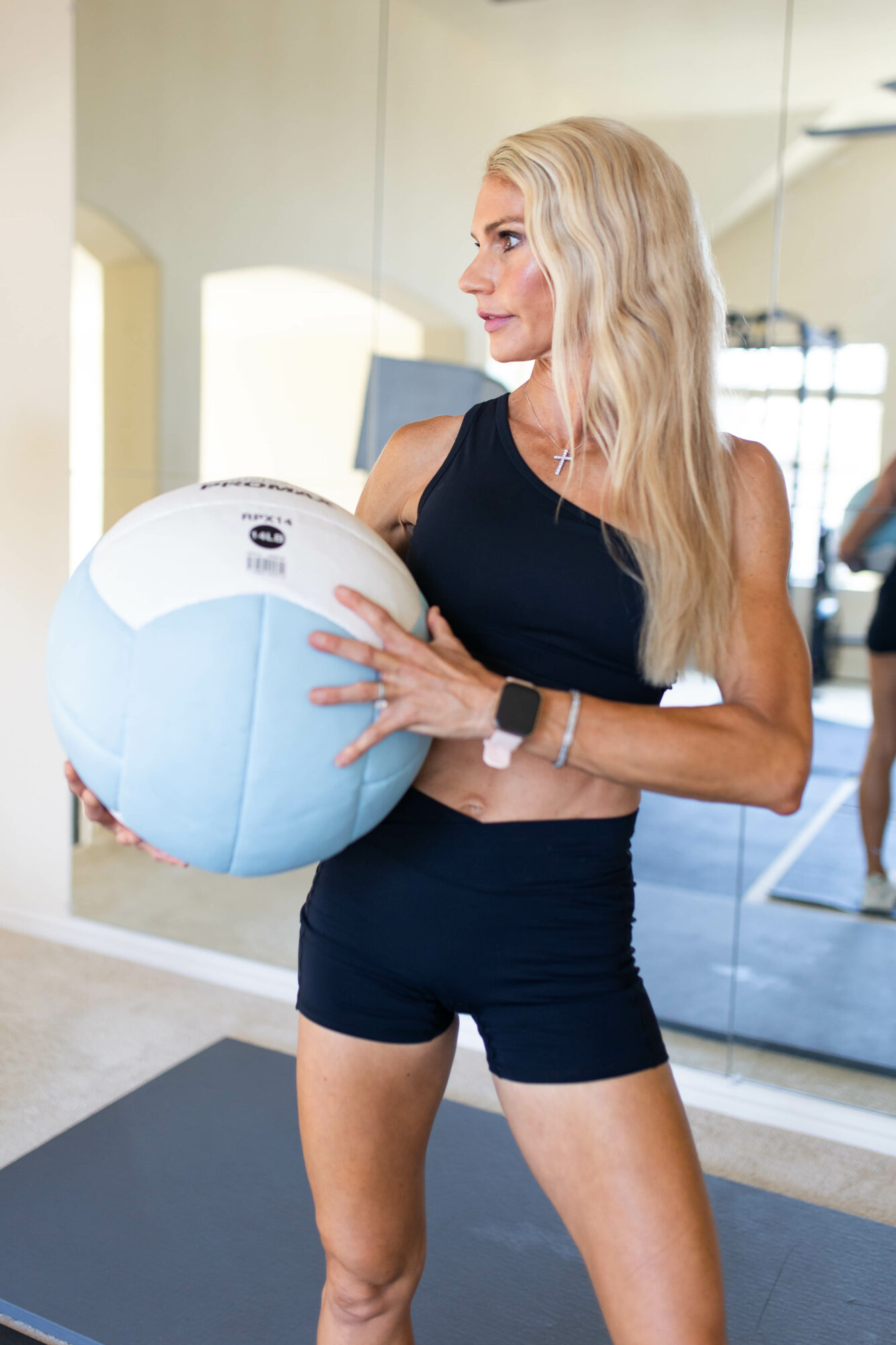
Image Credits
Lindsay photo










